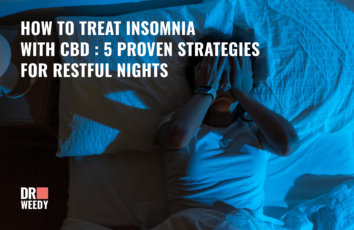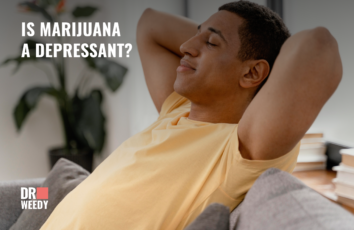Microdosing with Marijuana
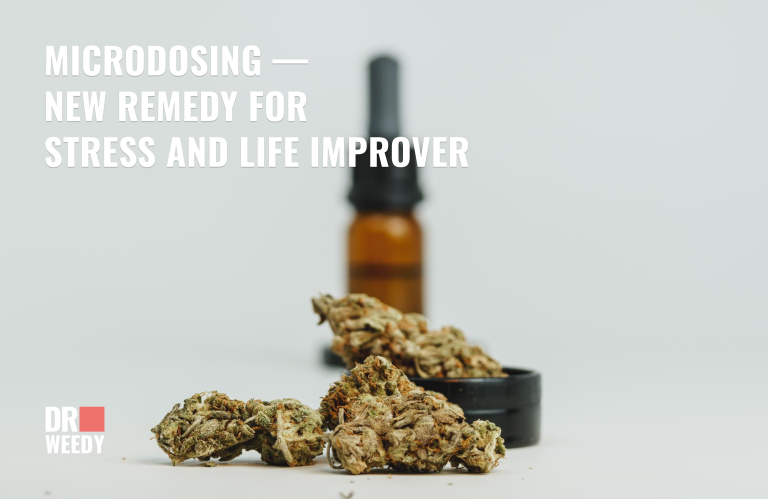
In recent years, microdosing has gained significant attention as a promising approach to harnessing the potential benefits of various substances, including marijuana. This technique involves taking minimal doses of cannabis to achieve subtle medicinal effects, without the intense psychoactive experiences typically associated with higher doses.
In this article, we will explore the world of microdosing with marijuana, its benefits, ideal dosages, duration of effects, and answer any questions you may have. Keep reading to learn more!
What is Microdosing?
Before we dive into the details, let’s understand what microdosing entails. Microdosing refers to the practice of consuming small, sub-perceptual doses of a substance to achieve subtle effects. This technique has gained popularity due to its potential to provide therapeutic benefits while minimizing unwanted side effects. It involves consuming small amounts of either THC (tetrahydrocannabinol) or CBD (cannabidiol) to harness the plant’s therapeutic properties.
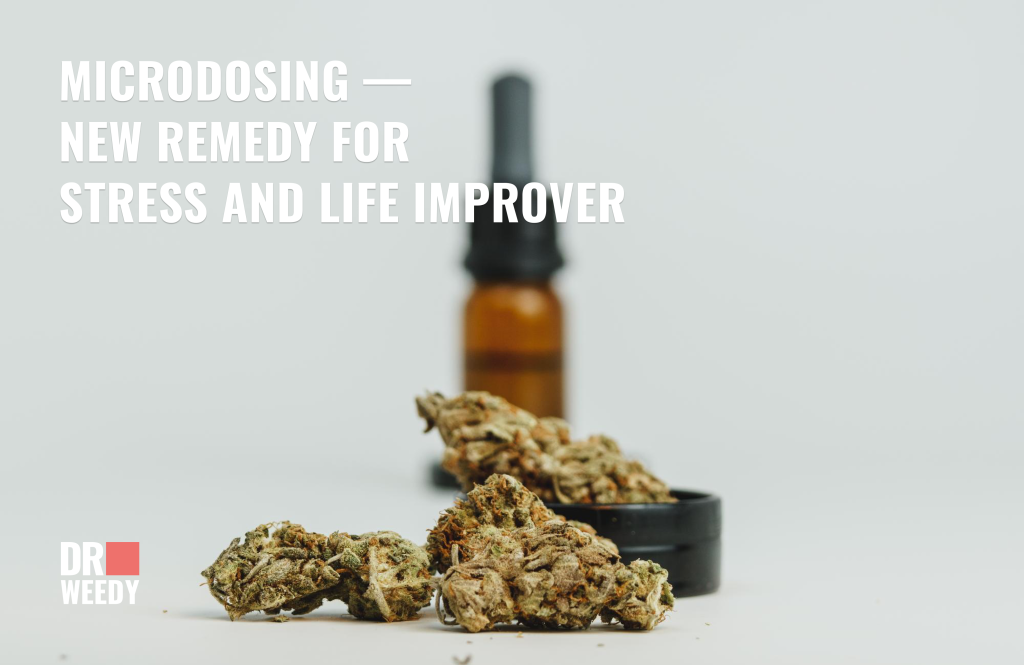
What are the Benefits of Microdosing Marijuana?
-
Enhanced Mood and Creativity
Microdosing with marijuana has been reported to enhance mood, boost creativity, and increase focus without impairing cognitive function. This can be particularly beneficial for individuals looking to enhance their productivity during work or creative endeavors.
-
Reduced Anxiety and Stress
Research suggests that microdosing with CBD, a non-psychoactive compound in cannabis, may help reduce anxiety and stress levels. It can provide a calming effect, promoting relaxation and a sense of well-being.
-
Improved Sleep
Studies have shown that marijuana improves sleep. Microdosing cannabis, especially with CBD-dominant strains, may help individuals struggling with sleep disorders. Consuming small doses before bedtime can potentially improve sleep quality and promote a more restful night’s sleep.
-
Pain Relief
Both THC and CBD have shown potential for relieving pain. A specific study highlighted the effectiveness of marijuana in treating chronic pain, particularly in cancer patients, at lower doses compared to larger ones. Microdosing with marijuana may help manage chronic pain conditions, such as migraines, by reducing inflammation and minimizing discomfort.
-
Enhanced Focus and Concentration
Microdosing THC has been reported to improve focus and concentration without inducing the “high” associated with larger doses. This can be beneficial for individuals seeking cognitive enhancement during work or study sessions.
-
Mood Stabilization
Microdosing with marijuana has been found to stabilize mood, potentially aiding individuals with conditions like depression and bipolar disorder. However, it is crucial to consult with a healthcare professional for personalized advice.
-
Potential Treatment for PTSD
Preliminary research suggests that microdosing with THC may hold promise as a complementary therapy for individuals with post-traumatic stress disorder (PTSD). It may help alleviate symptoms such as anxiety, intrusive thoughts, and nightmares.
-
Appetite Stimulation and Digestive Support
For individuals struggling with appetite loss or digestive issues, microdosing with marijuana, particularly THC-dominant strains, may help stimulate appetite and aid digestion.
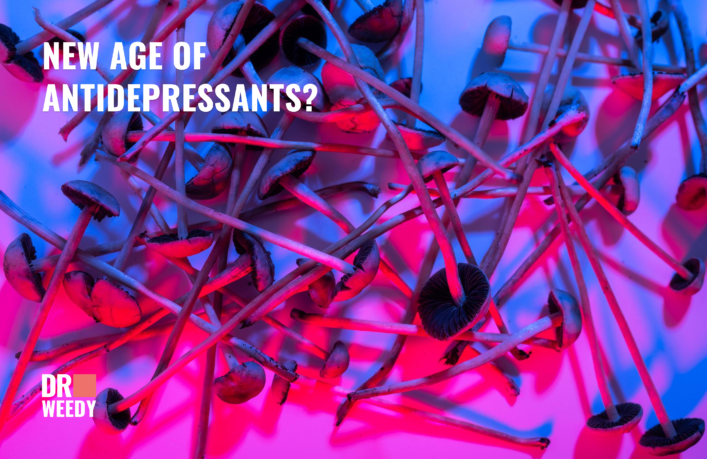
What is the Best Dosage for Microdosing Cannabis?
Determining the optimal dosage for microdosing cannabis can be a highly individualized process. Since the goal is to achieve subtle effects without feeling intoxicated, it is crucial to start with low doses and gradually increase if needed.
A typical starting point for THC microdosing is around 1-2.5 milligrams, while CBD microdosing often begins at 2.5-5 milligrams. Remember, everyone’s tolerance and sensitivity to cannabinoids may vary, so it’s essential to listen to your body and adjust accordingly.

How Long Does a Microdose Last?
The duration of effects for a microdose of marijuana can vary based on several factors, including the individual’s metabolism, the specific strain used, and the consumption method. However, on average, THC microdosing effects may last around 2-4 hours, while CBD microdosing effects may persist for 4-6 hours. These timeframes can provide a window of relief and therapeutic benefits without interfering with daily activities.
Best Marijuana Products for Microdosing
When it comes to microdosing with marijuana, different products offer various consumption options. Here are a few popular choices:
-
Microdose Cannabis Tablets & Capsules
Tablets and capsules provide a convenient and discreet way to microdose marijuana. They offer precise dosing, making it easier to achieve consistent effects.
-
Microdose Tinctures & Sublinguals
Tinctures and sublingual oils allow for precise dosing and faster onset of effects. Simply place a few drops under the tongue and hold for a minute or two before swallowing.
-
Microdose Gummies & Edibles
Edibles, such as gummies, provide a tasty and discreet option for microdosing. However, it’s crucial to pay attention to the THC and CBD content in each gummy to ensure accurate dosing.
Where is Microdosing Legal in the US?
In the United States, there are generally no specific laws that specifically address marijuana microdosing. However, it is important to note that microdosing should only be practiced in states where medical marijuana and/or recreational marijuana has been legalized. It is crucial to abide by local laws and regulations to ensure legal and responsible consumption.
For easier and legal access to buying medical marijuana, obtaining a medical marijuana card (MMJ card) can be beneficial. Here, at Dr. Weedy, we provide a streamlined process for obtaining an MMJ card, allowing individuals to navigate the legal landscape and gain access to medical marijuana products with ease and compliance.
Frequently Asked Questions
Q: Is microdosing with marijuana suitable for everyone?
A: Microdosing with marijuana may not be suitable for everyone, particularly individuals with certain medical conditions, pregnant or breastfeeding individuals, or those at risk of substance abuse. It is crucial to consult with a healthcare professional before incorporating microdosing into your routine.
Q: Can I microdose marijuana every day?
A: While some individuals may choose to microdose every day, it is advisable to take occasional breaks to avoid developing a tolerance. Regular breaks can help maintain the effectiveness of microdosing and reduce the risk of potential side effects.
Q: Can I microdose with marijuana at night?
A: Microdosing with marijuana at night, particularly with CBD-dominant strains, may aid relaxation and promote better sleep. However, it’s important to start with low doses and evaluate how it affects your sleep patterns and overall well-being.
Final Thoughts
Microdosing with marijuana presents an intriguing avenue for individuals seeking therapeutic benefits without the intense psychoactive effects of higher doses. By carefully selecting appropriate strains, dosages, and consumption methods, individuals can tap into the potential of cannabis to enhance mood, manage pain, improve sleep, and support overall well-being. As with any therapeutic practice, it is essential to consult with a healthcare professional, stay informed about local regulations, and listen to your body throughout the microdosing journey. Remember, small doses can lead to significant positive changes, so embrace the power of microdosing and explore the benefits that cannabis may offer.
Sources
Cameron, C., Watson, D., & Robinson, J. (2014). Use of a Synthetic Cannabinoid in a Correctional Population for Posttraumatic Stress Disorder–Related Insomnia and Nightmares, Chronic Pain, Harm Reduction, and Other Indications: A Retrospective Evaluation. Journal of Clinical Psychopharmacology, 34(5), 559-564. https://doi.org/10.1097/JCP.0000000000000180
Portenoy, R. K., Ganae-Motan, E. D., Allende, S., Yanagihara, R., Shaiova, L., Weinstein, S., McQuade, R., Wright, S., & Fallon, M. T. (2012). Nabiximols for Opioid-Treated Cancer Patients With Poorly-Controlled Chronic Pain: A Randomized, Placebo-Controlled, Graded-Dose Trial. The Journal of Pain, 13(5), 438-449. https://doi.org/10.1016/j.jpain.2012.01.003


























